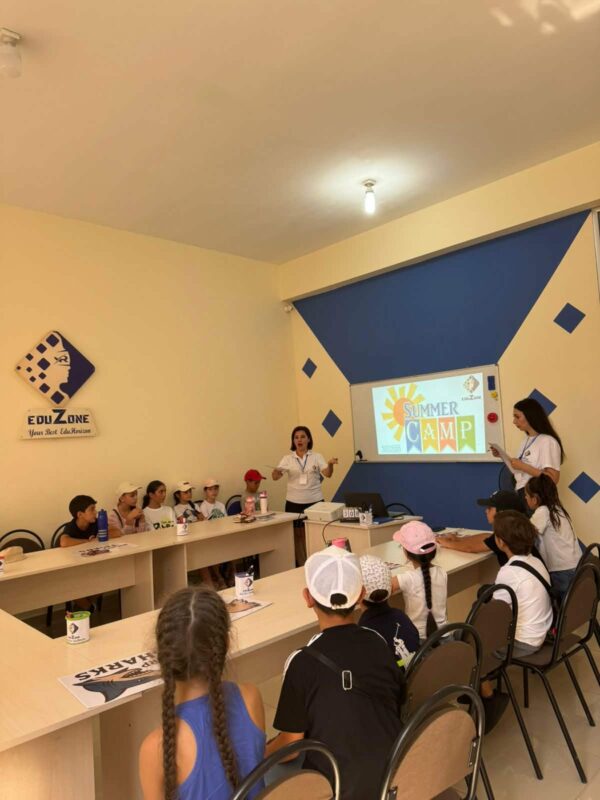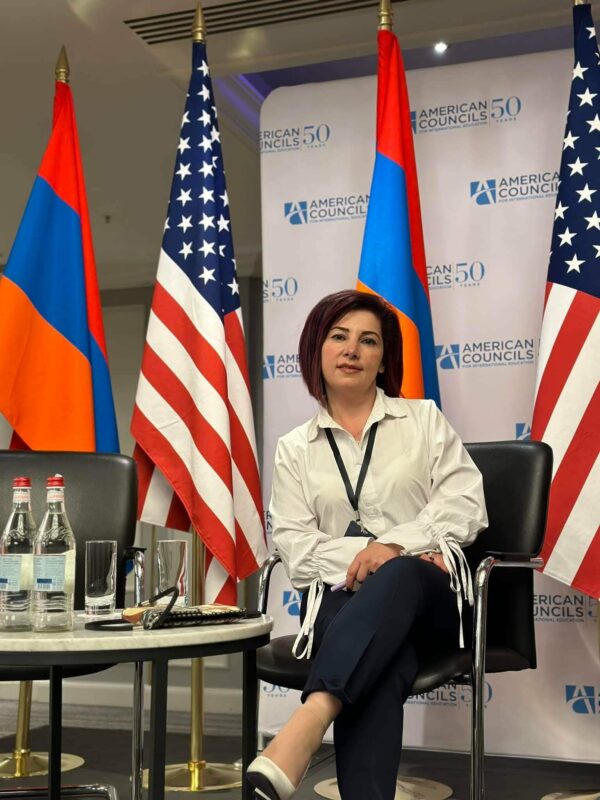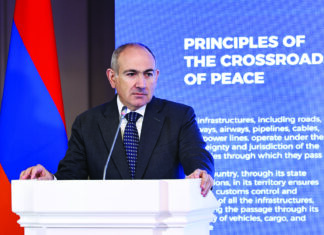By Shoghik Mikayelyan and Nina Abgaryan
Special to the Mirror-Spectator
GYUMRI, Armenia — In 2021, Armenia introduced a system of voluntary certification for teachers, designed to assess subject knowledge and reward those who demonstrate excellence. Those who achieve top results can see their salaries rise to 300,000 drams (roughly $783) — about two and a half times higher than the average teacher’s pay. The goal was to encourage self-education and raise professional standards across the country’s schools.
At first, the initiative was welcomed as a long-awaited opportunity to motivate teachers and modernize the education system. It offered a sense of fairness and merit: those who worked hard, learned and improved their skills would be recognized and rewarded. Yet, as the program enters its fourth year, it continues to provoke mixed feelings. Many teachers appreciate the incentive to grow, while others view the process as inconsistent, stressful, and at times unjust.
One recurring concern is the lack of equivalence across subjects. Teachers report that exams in some areas are easier than in others, raising questions about fairness. Another issue is the growing tension between the system’s original promise of voluntariness and its current enforcement mechanisms. Although the initiative began as optional, teachers who fail to demonstrate sufficient progress over two years risk losing their jobs. This paradox has discouraged participation; not taking the test now feels safer than risking potential dismissal.
Data from the Ministry of Education shows that participation remains low. Only around 5,600 teachers have applied since the system began, and many of them are repeat participants or not currently employed in schools. In some years, up to 40 percent of those who registered never showed up for the exam.










